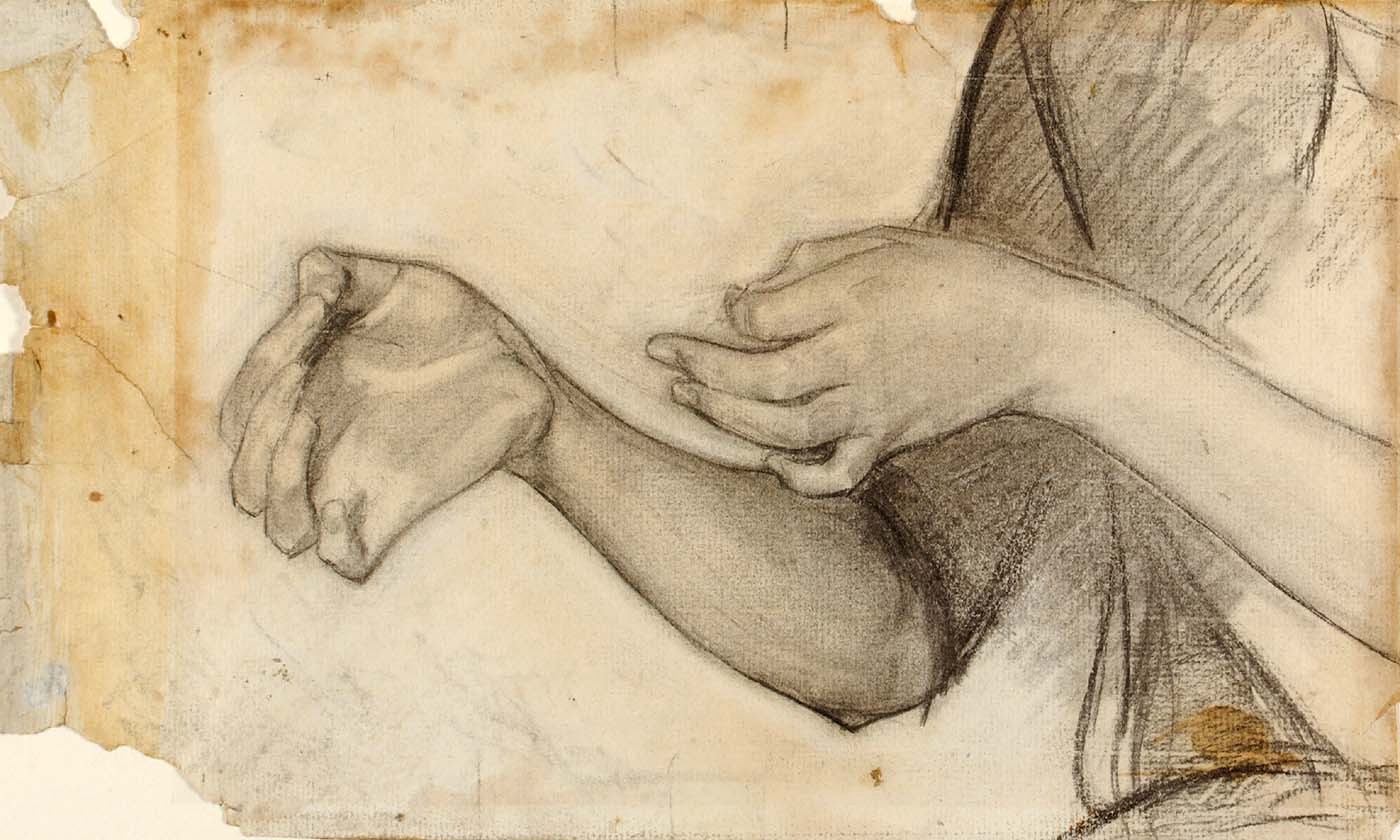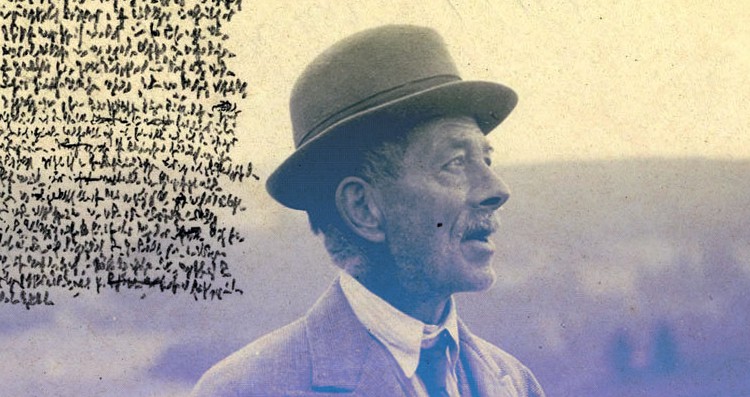Books & Culture
REVIEW: Fourteen Stories, None of Them Are Yours by Luke B. Goebel

“I feel the ink,” Luke B. Goebel writes toward the beginning of this terrific jalopy of a debut. He’s describing a medical procedure in the hospital; the ink is the dye IVed into him to uncover whatever’s wrong on his insides. It’s an apt analogy for what Goebel is doing throughout the entirety of the book. In Fourteen Stories, None of Them are Yours, the ink Goebel spills is diagnostic; lost loves and joys are his condition, language a way to self-medicate toward recovery.
We start with pain scales and flashbacks. First, the hospital bed, where our first person hero enjoys something like a deathbed catharsis, but in a scalpel-ly meticulous language to die for. He tells us of best lovers and best lost ones. We meet Catherine, the girlfriend, who left our hero for a European; Carl, the brother who passed away; the “old Indian Jew nut” teacher and proxy father figure who, in helping this narrator find a voice in his writing, guided him through his living.
There is little divide between life and writing for Goebel’s narrator. From the beginning of the book onward, ink, literally, is in his blood. But just as ink needs a page, Goebel’s heart needs a body to beat for. The book is most successful in the story-chapters that explore moments of remembered relationships.
We return again and again to Catherine, the lost love whose “name is like space and what there is unto itself that I saw out there.” Who is “a beauty full of brains and a good heart.” She leaves the narrator physically, for “a Spanish man named Manuelo who’d she met in Paris,” but by writing them he keeps the best moments alive. We see her losing half a tooth on their first date again. Naked in his bed again. Holding him again. When she leaves him again, we start over. We rewrite to relive.
Remembered alongside Catherine there is/was Carl, the older brother, whose early death is returned to over and over and leaves an absence as large as Catherine’s. Carl directs the narrator’s ink-filled heart to spew forth, even in reincarnating revisions:
…Neil Young was in the room over on the record wheel. (I hadn’t lost my brother, Carl, yet. Carl left us a few weeks ago. Over two months ago. (Over one year ago.) Carl is gone. Carl died in his bed. [Two years ago.] There isn’t any more Carl on this planet we are stuck to. Not here, in terms of a body, in terms of our living Carl. In terms of that Carl is my only brother. My older brother.
Life and nature work toward a balance; blood and ink, like water, take the shape of their container. Goebel’s heart takes us on manic trips through America with the heart-filling Jewely, a “part Husky (Dingo really)” companion. We go eagle feather-hunting for the old teacher in New York City: “My father (or not my father, but the great man I am speaking of as is he is my father).” And we take linguistic trips into the third person, even if not really: “It was time to play the cowboy. One got a ranch…One was he. (He was me, why pretend?) He (why say he again? I’ll tell you why: to give the “I” word a break.)”
His heart keeps pumping, the page keeps filling, we can’t stop reading. The book is above all new and unique. Goebel’s voice spills out as if he can’t control it, a kind of peyote trip on the page, but never does he cross the line in a way that leaves the reader feeling lost. For all the “crazy” (and actual peyote) in the book, you follow eagerly, hungrily, to find what’s next.
And that’s where the book’s few failures appear. The conflicting title of the book — “Fourteen stories, but a novel?” — betrays a kind of conflicting assemblage of the story-chapters. Three of these stick out as better suited to the former label than the latter. “Apache,” for instance, previously published in the Green Mountains Review, fits thematically in the book, but is outside the larger scope of the narrative heart (there is no Catherine, no Carl, no teacher, no Jewely). In this way, “Apache” feels more like a footnote to the larger novel, an aside that says, “Oh, since I’m telling you all this about writing, here’re some examples of other stories I wrote.”
Really, though, the pleasures of Fourteen Stories, None of Them Are Yours come so fast and frequent you’ll even overlook that there are, actually, only thirteen stories in the table of contents. That is, until the end, when our hero makes the point he’s been getting at all along: “Here’s the last story: Books are over. Don’t read a book, don’t read any book. Don’t read this book.” In other words, don’t read: write.
In other words, live.
Fourteen Stories, None of Them Are Yours

by Luke B. Goebel










